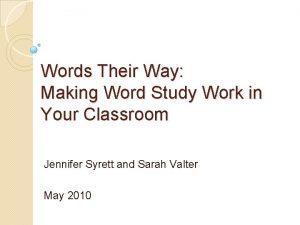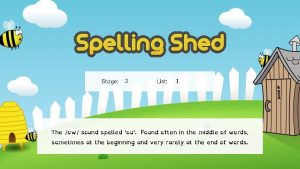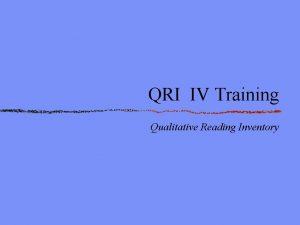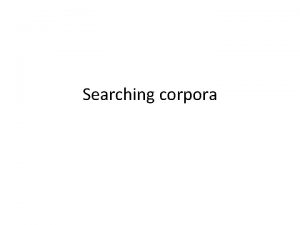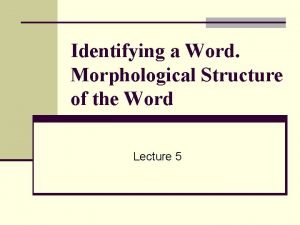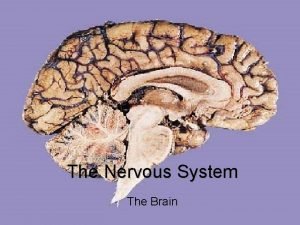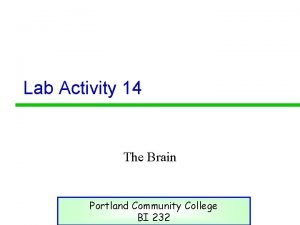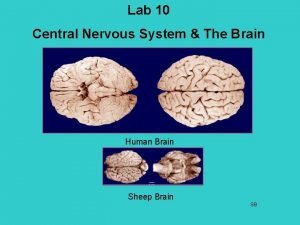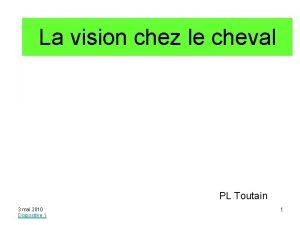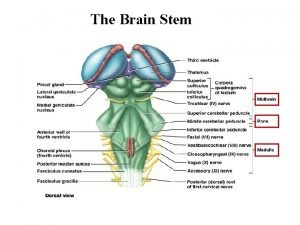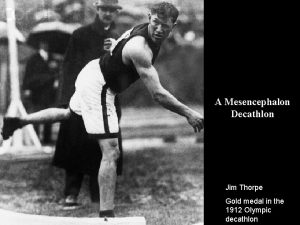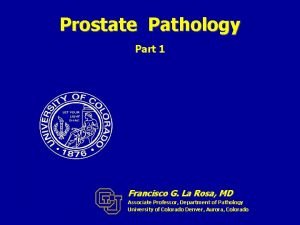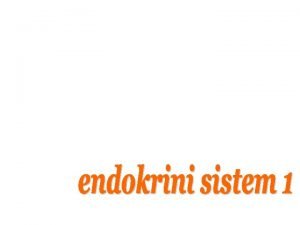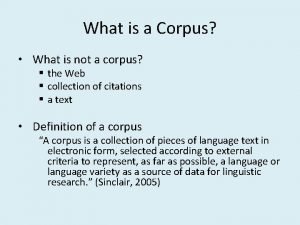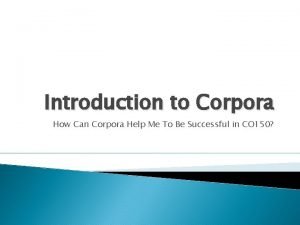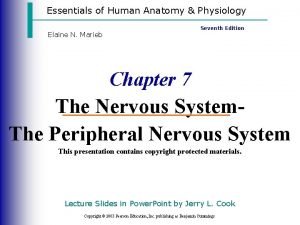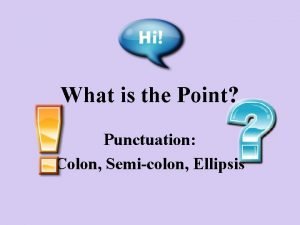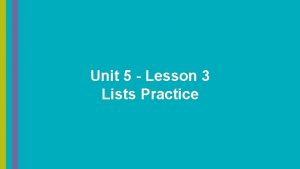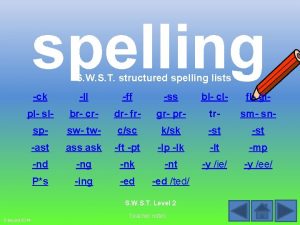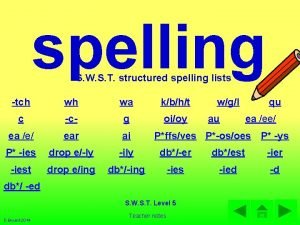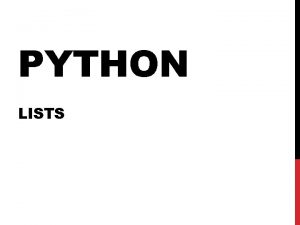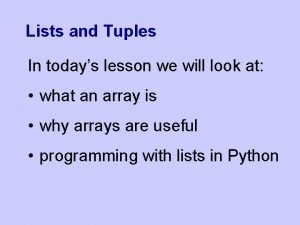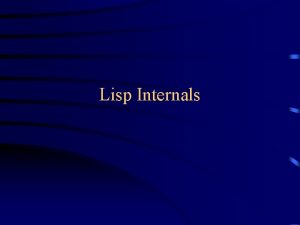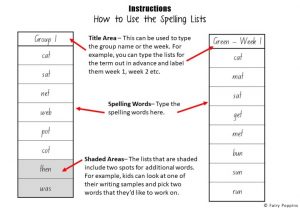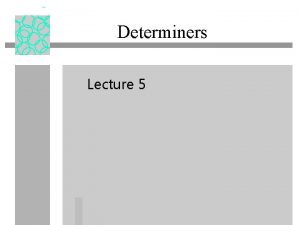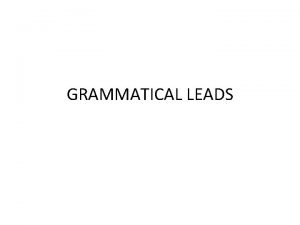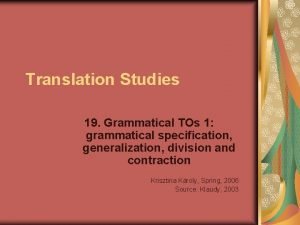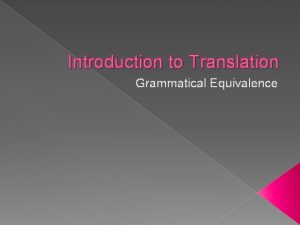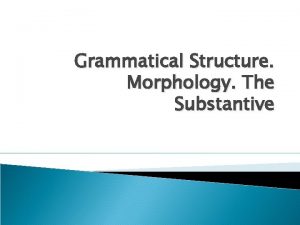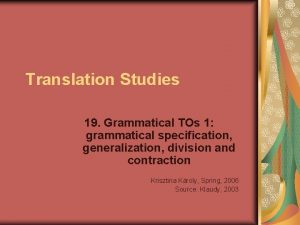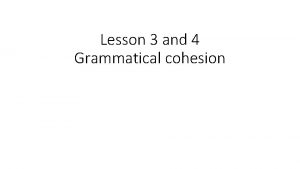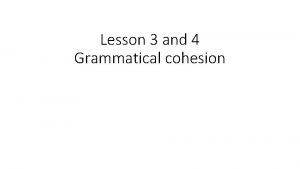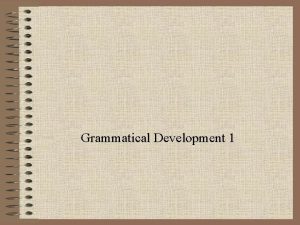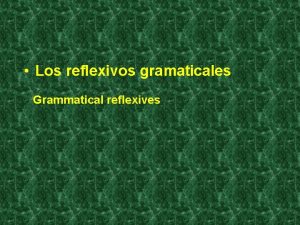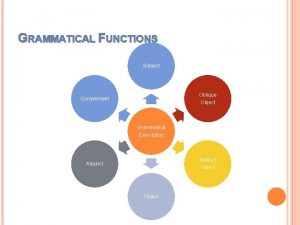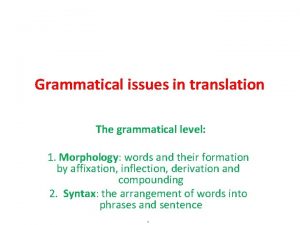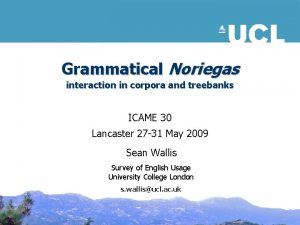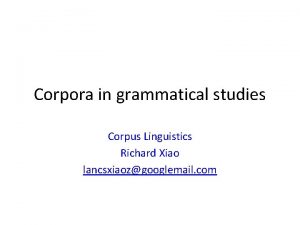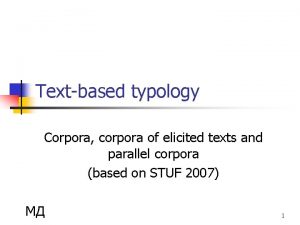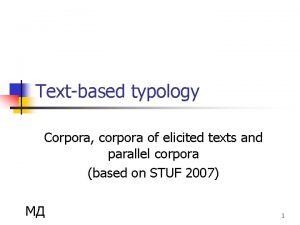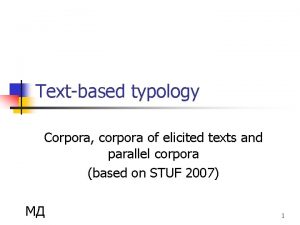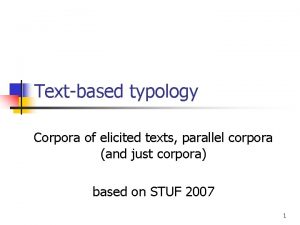Searching corpora Review Word lists Form grammatical words

























- Slides: 25

Searching corpora

Review • Word lists – Form: grammatical words are most frequent – More words occur as the rank increases. For example, there are going to be more words (types) occurring 4 times in a corpus than words occurring 5 times.

Uses of wordlists • Determine frequency bands for English – Most frequent 1000 words – Academic “band” etc. • Such frequency bands can be used in course planning and to judge the difficulty of a text

Uses of wordlists • Determine the core vocabulary for a particular topic, such as academic English or business English • Produce a wordlist for a business English corpus and use a stoplist (remove grammatical words) • Do a corpus comparison

Corpus comparison table

How to search: Using concordance software • Corpora are large and computer-aided analysis is necessary • Concordance software is the most common type of text analysis software • Concordance software – produces frequency lists from a corpus – allows searches for words or phrases

Searching a corpus

Info easily obtained from corpora • word lists and word frequency – (What are the most common words in a corpus? ) • word combinations (collocations) such as high risk, low maintenance, deep passion • grammatical constructions (How common is the passive? How often does the passive occur with a by-phrase? He was seen by the doctor. ) • What kinds of texts/genres are associated with particular collocations/constructions?

Basic procedure of corpus analysis • very simple: – searching for words and phrases – sorting the results – obtaining frequency information – performing the analysis (Sinclair reading)

Results - sorted

Results - surrounding words

Collocates and collocations? • The collocates of a word are the frequent cooccurring words • If office is the node word, then post, head and take are examples of collocates • head office is a collocation

Why are collocations a big deal? • There are several answers – knowing a language involves knowing lots and lots of collocations – it is unclear how to deal with collocations within grammar – collocates provide clues to the meaning or connotations of a word, e. g. , husbands and wives

husband wife

Corpus data: collocates of high

Corpus data • evidence of extensive multi-word units • various names: collocations, fixed expressions, chunks, pre-fabricated units (prefabs), lexical bundles

Corpus data • thing: sort of thing, kind of thing, the thing to do, the thing is • change: change in attitude, change of heart, change in policy, change over time, time for a change, pace of change, rate of change, subject to change

Issues in interpreting concordance lines (Hunston) • Nature of search term – word, lemma, phrase • Some unwanted concordance lines may be deleted • Sorting (in different ways) brings out patterns in the data • Look first at the words surrounding the search term • In some cases, a larger co-text must be examined

Issues in interpreting concordance lines (Hunston) • Typically, a large number of lines are retrieved. One technique is to look closely at a few concordance lines and try to draw some generalisations. Then look at another set of concordance lines to see if your generalisation holds • What is typical? What is central (prototypical)?

Techniques in interpreting concordance lines • Examine the frequent collocates – what are the larger (formal patterns) • Examine or apply part-of-speech categories. Do patterns emerge if POS data is taken into account • Check for semantic categories: colour terms, hedges, …

Corpus view of language • Researchers who work with corpora tend to come to similar views about the nature of language • More attention is paid to the words (lexis and phraseology) • Led to lexical approaches to language teaching (Willis, Lewis, Mc. Carthy)

Words and grammar • Language is traditionally divided into the lexicon (words) and grammar (a set of rules) • But where, for example, does the phrase “sort of thing” or “the thing to do” fit within this view of language?

View of language • corpus view – language/grammar is a vast network of lexical/grammatical relations – collocations (high standards, high on drugs) – verb – object co-selection (lose – job, find employment, made – redundant) – constructions - passive (or BE + adjective/participle)

Representing a corpus-based grammar • Quite difficult • Use schemas to represent words, collocations and constructions – [post office] – [N N] – [the thing to V] – [SUBJ Vmanner POSS way PATH]

Schemas • Related to schema theory in reading • Schemas have a form and a meaning and they are linked to form a network. • [change of heart] -- meaning • Abstract schema [N of N] -- abstract meaning
 Spelling city words their way
Spelling city words their way Ow sound
Ow sound Qri word lists
Qri word lists Grammatical words
Grammatical words Grammer words
Grammer words Reticular activating system
Reticular activating system Corpora quadrigemina function
Corpora quadrigemina function Olfactory nerves
Olfactory nerves Grain de suie cheval
Grain de suie cheval Types of corpus linguistics
Types of corpus linguistics What is corpus
What is corpus Midbrain
Midbrain Corpora quadrigemina pronunciation
Corpora quadrigemina pronunciation Corpora amylacea
Corpora amylacea Corpora aranacea
Corpora aranacea What is corpus
What is corpus Help
Help Cranial nerves mnemonic
Cranial nerves mnemonic Semicolon vs colon
Semicolon vs colon Lesson 3: lists practice
Lesson 3: lists practice Swst spelling test
Swst spelling test K for words
K for words Edinburgh resource lists
Edinburgh resource lists Concatinates
Concatinates Lists of tuples python
Lists of tuples python Cons in lisp
Cons in lisp
